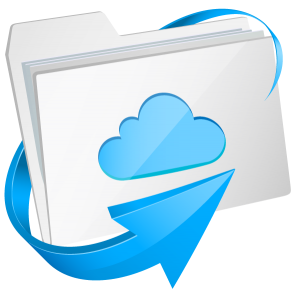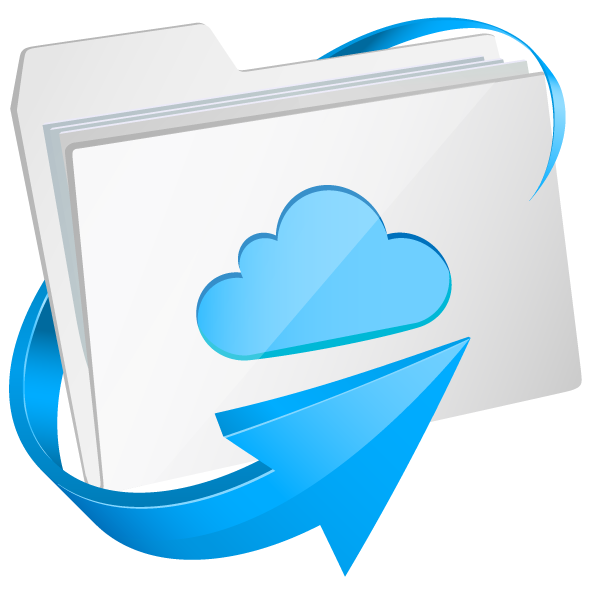All businesses experience periods during the year when revenue is slower to come in than others. This is true even when a company is not specifically a seasonal business. The good news is this is nothing to panic about and completely normal. However, it does require planning and action on your part to ensure that periods of low cash flow don’t set your business back so far that it becomes difficult to financially recover.
Develop a Cash Flow Forecast
Creating a cash flow statement before the start of each new year can help your company get through those inevitable slower times. It should record all money coming into and out of your business. Funds coming in typically include payments from customers and interest on loans or past due invoices. Money that your business pays out can include cost of materials, accounts payable invoices, payroll, and more. The goal with cash flow is for your company to always have more money coming in than it has going out.
After creating a draft of your cash flow forecast for the year, have executives from several areas of the company review it for potential problems. For example, you may need to order thousands of dollars’ worth of supplies during a slow period to be prepared for a busier period. The key to getting through these challenges is to figure out ways to reduce expenses while increasing income at the same time.
Ideas to Help You Build Financial Protection
Below are several actions you can take that can help you prepare financially for slow periods.
- Know when invoices have become past due and follow up with customers immediately to arrange full payment or at least get them to agree to a payment arrangement. This task is important enough to consider outsourcing if you don’t have the time or desire to do it yourself.
- Open a business savings account and fund it with extra cash from the busier seasons. It is especially convenient to have a checking and savings account at the same bank since you can easily transfer money from one account to the other.
- Consider giving discounts to customers who request off-season services. This will help them beat seasonal rushes, save them money, and provide a steadier balance of cash flow for your business.
- Expand your service offerings to bring in more cash throughout the year. You can especially benefit from this if your primary offering is seasonal, such as swimming pool installation or lawn care.
- Ask customers who typically pay slowly to put down a deposit to secure future work from your company. If that turns out to be successful, you may want to consider requiring a deposit from all customers.
- Reach out to your creditors to inquire about extending your payment deadlines during slow seasons.
- Review your monthly expenses carefully to determine where you could save money. It may surprise you to see that you’re paying for one or more subscription services your company no longer needs.
Don’t forget to compare your cash flow projections to the amount your business actually spent and received for a specified time period. This can be as often as weekly, especially during slow seasons.
Could Your Company Benefit from Outsourced Accounting?
Rickhoff & Associates works with small businesses to provide accounting help and other services to ensure our clients remain as profitable as possible. Please contact us to discuss the benefits of outsourcing or to learn more about our other services.







